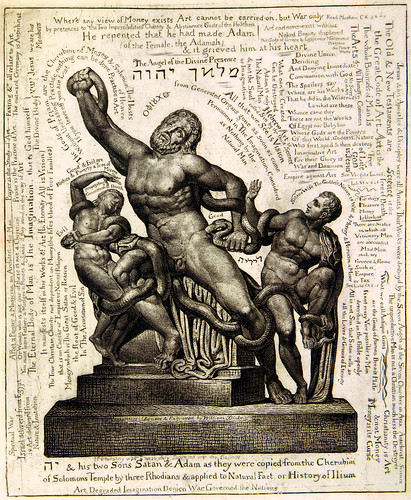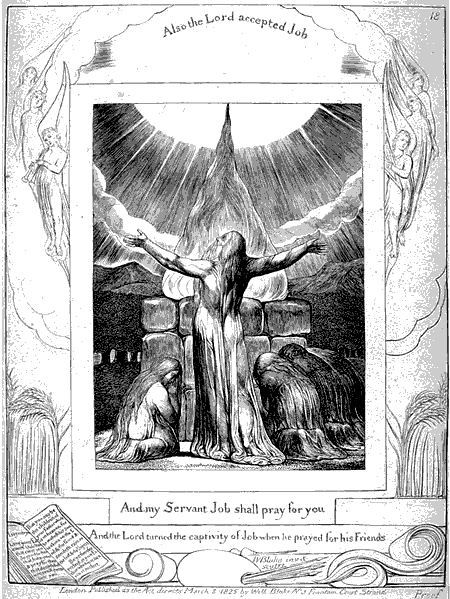
When I sit down with my diary, the most important thing is to not spend much time staring at a blank page. Today I made a comic grid and started copying lines from William Blake’s “Proverbs of Hell,” from The Marriage of Heaven and Hell. (Seemed appropriate, with the solstice and all…)







